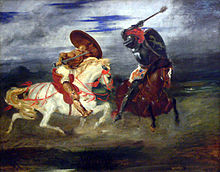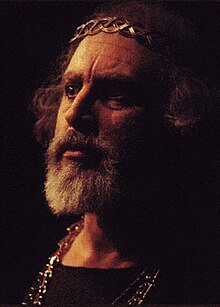Aristocracy, Middle Class, and lower class. There are also peasants, but they don't seem to be considered either a separate class from other lower class members, or a class at all.
Royalty in Shakespeare's plays would be characters with King in their title (like Henry IV, Henry V, William III, King Duncan, or King Lear). Royalty also includes princes (Hamlet, Hal), dukes, marquesses, earls, viscounts, and barons.
Royalty play a large roll in Shakespeare's plays. Not only important on stage, the current monarchs of the time period also affected Shakespeare's plays (specifically his political stands.) - For Instance, when King James IV was on the throne Shakespeare completely switched the roles of Macbeth and Banquo because King James' lines came from Banquo. In history Banquo was the villain and Macbeth was the good guy.
 Aristocracy would include the nobility such as knights (like sir Andrew Aguecheek and sir Toby Belch in 12th night), squires, and gentlemen (Petrucio). These are people who don't depend on manual labor to survive, usually owning land and so don't have to work with their hands.
Aristocracy would include the nobility such as knights (like sir Andrew Aguecheek and sir Toby Belch in 12th night), squires, and gentlemen (Petrucio). These are people who don't depend on manual labor to survive, usually owning land and so don't have to work with their hands. There are also many gentlemen and soldiers who are not named in Shakespeare's plays, he usually just calls them 'two gentlemen,' or 'soldier.'
These may practice law, medicine, or liberal sciences, or be captains in war, or serve the government in some other noteworthy way, and is able to afford looking the part.
Middle class are normally well off, they do work, but they have nice houses and make money traveling. Mostly farmers on gentleman's lands, merchants, or artisans. Obviously characters like the merchant of Venice would fit into this category. There is also a merchant in Comedy of Errors named Balthasar as well as Egeon and Antipholus of Ephesus himself.
Lower class pretty much includes everyone else. Peasants, townsmen, fools and clowns (Launcelot Gobbo.) The fools and clowns play a very interesting role in Shakespeare's plays, acting the part of unintelligent entertainers, but usually saying the wittiest things in the entire play. Also, players such as the gravediggers (Hamlet), Dogberry and Catsberry (Much ado about Nothing), Christopher Sly (Taming of the Shrew), and all servants would be included in this class.
There are also the fantastical characters in Shakespeare's plays such as the fairies in A Midsummer Night's Dream, or the witches in Macbeth.


